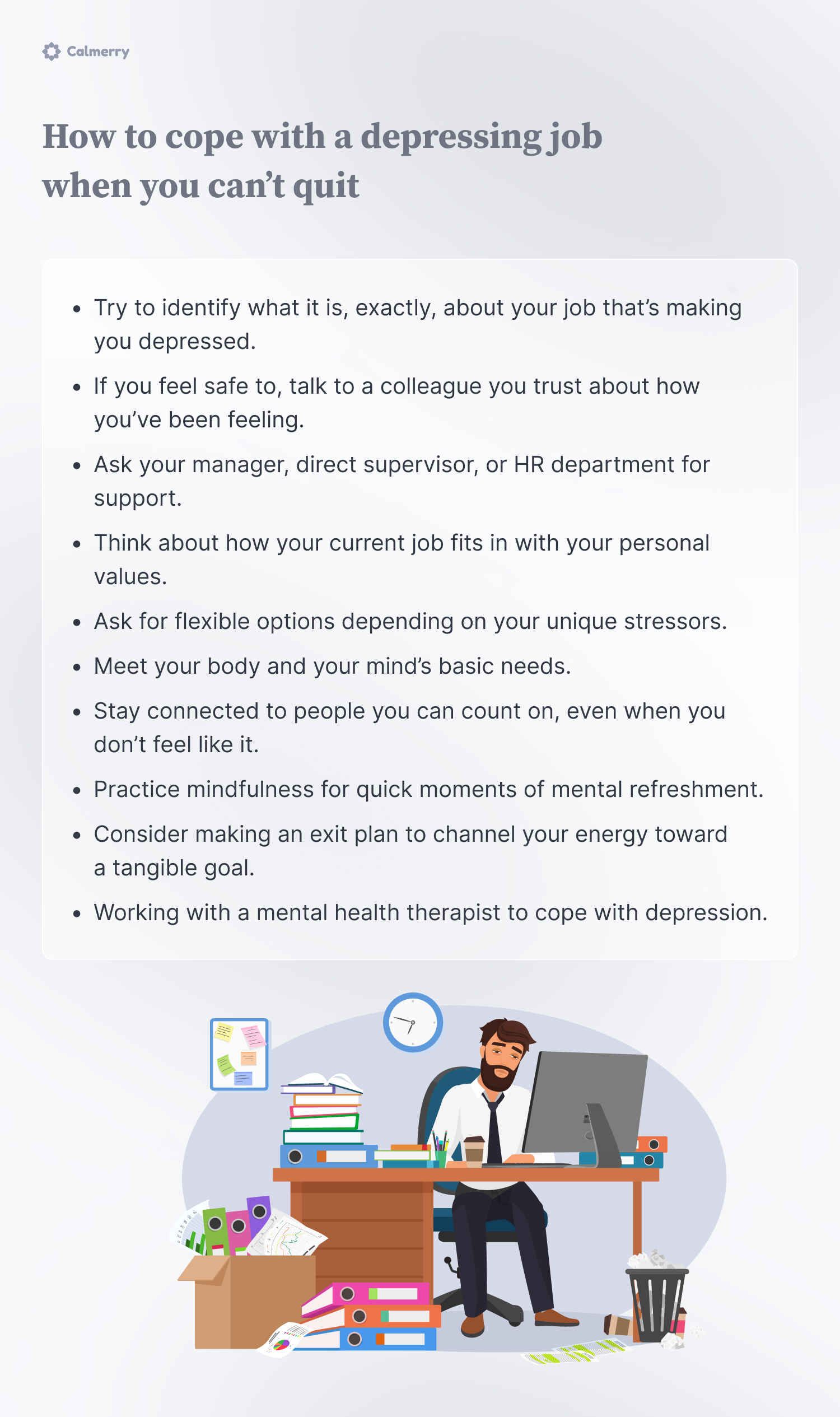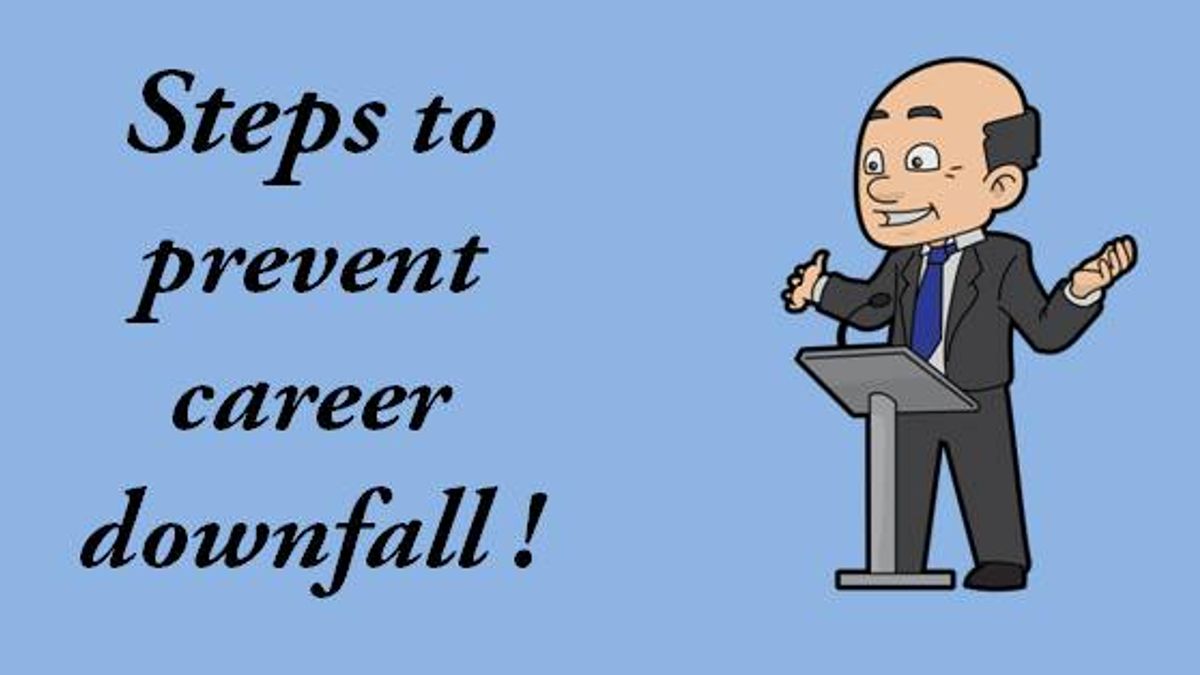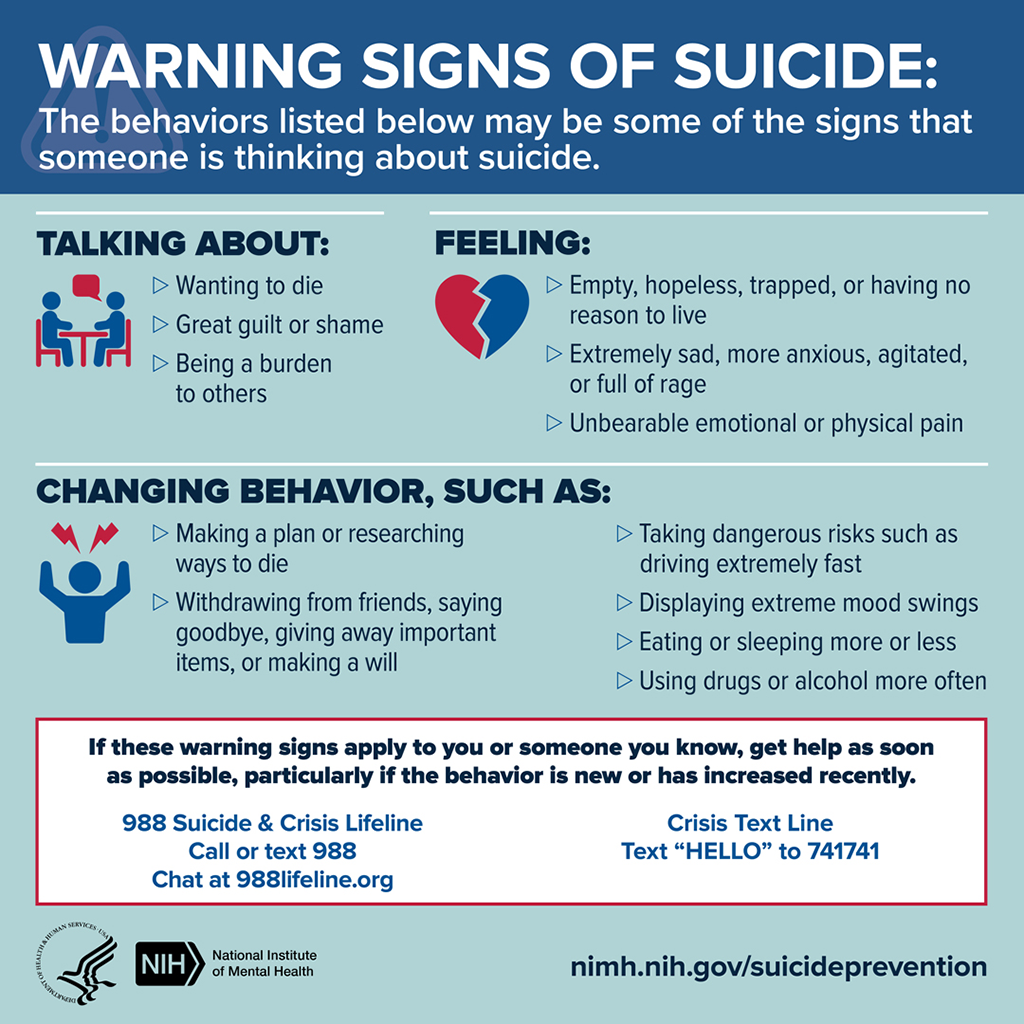In today’s fast-paced and ever-evolving professional landscape, the fear of making a wrong move can be paralyzing. Many professionals find themselves asking, “Am I committing career suicide?” Whether it’s leaving a stable job, switching industries, or pursuing a passion project, the stakes often feel high. This question reflects the anxiety of jeopardizing hard-earned progress and the uncertainty of what lies ahead. However, career decisions are rarely black and white. Understanding the risks, evaluating long-term goals, and recognizing the value of adaptability are crucial. This article explores how to navigate these pivotal moments and determine whether a bold move is a step forward or a potential misstep.
Am I Committing Career Suicide?
What Does Career Suicide Mean?
Career suicide refers to actions or decisions that significantly harm your professional reputation, opportunities, or long-term career prospects. This could include quitting a job without a backup plan, publicly criticizing your employer, or making a drastic career change without proper preparation. It’s essential to evaluate whether your current decisions align with your long-term goals and whether they could potentially damage your career trajectory.
See Also Marketing professionals: What advanced your career the most?
Marketing professionals: What advanced your career the most?How to Identify if You’re at Risk of Career Suicide
To determine if you’re at risk of career suicide, consider the following factors:
- Are you making impulsive decisions without considering the consequences?
- Are you neglecting your professional network or burning bridges with colleagues?
- Are you ignoring industry trends or failing to upskill?
If you answered yes to any of these, it’s time to reassess your approach and make more strategic decisions.
Common Mistakes That Lead to Career Suicide
Some common mistakes that can lead to career suicide include:
- Publicly venting frustrations about your job or employer on social media.
- Failing to adapt to changes in your industry or role.
- Neglecting professional relationships that could support your career growth.
Avoiding these pitfalls can help you maintain a strong professional reputation and open doors for future opportunities.
 What Are Some of Your Favorite Marketing Campaigns?
What Are Some of Your Favorite Marketing Campaigns?Can a Career Change Be Career Suicide?
A career change isn’t inherently career suicide, but it can be risky if not approached thoughtfully. To minimize risks:
- Research the new field thoroughly to ensure it aligns with your skills and interests.
- Build a financial safety net to support yourself during the transition.
- Network with professionals in the new industry to gain insights and opportunities.
With proper planning, a career change can be a positive step forward rather than a setback.
How to Recover from Career Suicide
If you feel you’ve made a decision that harmed your career, recovery is possible. Start by:
- Acknowledging the mistake and taking responsibility for your actions.
- Rebuilding your professional reputation through consistent, positive behavior.
- Seeking mentorship or guidance from trusted colleagues or industry experts.
Recovery takes time, but with effort, you can regain your footing and move forward.
 How Do You Effectively Send Mass Emails Without Being Marked as Spam?
How Do You Effectively Send Mass Emails Without Being Marked as Spam?| Key Factors | Impact on Career |
|---|---|
| Impulsive Decisions | High risk of damaging professional reputation |
| Public Criticism | Can lead to loss of trust and opportunities |
| Neglecting Networking | Limits future career prospects |
| Failure to Adapt | Risk of becoming obsolete in your field |
| Lack of Planning | Increases chances of career setbacks |
How to recover from a career failure?

1. Acknowledge and Accept the Failure
Recovering from a career failure begins with acknowledging and accepting the situation. Denial can prolong the emotional impact and hinder progress. Here’s how to approach this step:
See Also Marketers, What's Your Side Hustle (or What Would It Be)?
Marketers, What's Your Side Hustle (or What Would It Be)?- Reflect on what went wrong without self-judgment.
- Accept responsibility for your role in the failure, if applicable.
- Understand that failure is a natural part of growth and learning.
2. Analyze the Root Causes
To move forward, it’s essential to analyze the reasons behind the failure. This helps in identifying areas for improvement and avoiding similar mistakes in the future.
- Identify specific actions or decisions that led to the failure.
- Seek feedback from mentors, colleagues, or supervisors to gain external perspectives.
- Document lessons learned to create a roadmap for improvement.
3. Rebuild Your Confidence
Career failures can shake your confidence, but rebuilding it is crucial for moving forward. Here are some strategies to regain self-assurance:
- Celebrate past successes to remind yourself of your capabilities.
- Set small, achievable goals to regain a sense of accomplishment.
- Engage in activities that boost your morale, such as networking or skill-building.
4. Update and Refine Your Skills
Staying relevant in your field is key to recovering from a career setback. Updating and refining your skills can open new opportunities and increase your marketability.
- Enroll in courses or certifications to enhance your expertise.
- Stay informed about industry trends and advancements.
- Practice new skills through projects or freelance work.
5. Create a Strategic Plan for Moving Forward
A well-defined plan can help you regain control and direction after a career failure. Strategic planning ensures you’re prepared for future challenges and opportunities.
- Define your short-term and long-term career goals.
- Identify potential obstacles and develop solutions for them.
- Network with professionals in your field to explore new opportunities.
How to stop feeling miserable about work?

Identify the Root Cause of Your Miserable Feelings
Understanding why you feel miserable at work is the first step toward addressing the issue. Reflect on the specific aspects of your job that make you unhappy. Is it the workload, lack of recognition, or poor relationships with colleagues? Once you pinpoint the cause, you can take targeted actions to improve your situation.
- Reflect on your daily tasks and interactions to identify patterns of dissatisfaction.
- Journal your thoughts to gain clarity on what triggers your negative emotions.
- Seek feedback from trusted colleagues or mentors to gain an outside perspective.
Set Clear Boundaries Between Work and Personal Life
Blurring the lines between work and personal life can lead to burnout and increased misery. Establishing clear boundaries helps you recharge and maintain a healthier mindset. This includes setting specific work hours and avoiding work-related tasks during personal time.
- Define your work hours and stick to them as much as possible.
- Turn off work notifications after hours to avoid unnecessary stress.
- Prioritize self-care activities like exercise, hobbies, and spending time with loved ones.
Communicate Your Concerns with Your Manager
If your misery stems from workplace issues, having an open conversation with your manager can be beneficial. Express your concerns professionally and propose potential solutions. A supportive manager may help address the problem or provide resources to improve your situation.
- Prepare your points in advance to ensure a constructive discussion.
- Focus on specific issues and avoid making it personal.
- Suggest actionable solutions to demonstrate your commitment to improvement.
Focus on What You Can Control
Feeling miserable often stems from focusing on things beyond your control. Shift your attention to aspects of your job that you can influence, such as your attitude, effort, and approach to tasks. This mindset can empower you and reduce feelings of helplessness.
- Accept that some factors, like company policies or others' behavior, are beyond your control.
- Concentrate on improving your skills and performance to boost confidence.
- Practice mindfulness to stay present and avoid overthinking uncontrollable situations.
Explore New Opportunities Within or Outside Your Current Job
If your current role continues to make you miserable, consider exploring other opportunities. This could mean seeking a new position within your company or looking for a job elsewhere. A fresh start can reignite your passion and improve your overall well-being.
- Research internal openings that align with your skills and interests.
- Update your resume and LinkedIn profile to prepare for external opportunities.
- Network with professionals in your field to uncover potential job leads.
How to get out of a horrible job?

Assess Your Situation and Plan Your Exit
Before making any decisions, it’s crucial to evaluate your current job situation. Identify the specific aspects that make your job unbearable, such as toxic work culture, lack of growth opportunities, or excessive workload. Once you’ve pinpointed the issues, create a clear plan for your exit. This plan should include:
- Financial preparation: Save enough money to cover your expenses during the transition period.
- Skill assessment: Identify transferable skills and areas where you may need improvement for your next role.
- Timeline: Set a realistic timeline for leaving your job, considering factors like job market conditions and personal commitments.
Update Your Resume and LinkedIn Profile
Your resume and LinkedIn profile are essential tools for securing a new job. Ensure they are up-to-date and tailored to the roles you’re targeting. Focus on:
- Highlighting achievements: Emphasize measurable accomplishments that demonstrate your value to potential employers.
- Optimizing keywords: Use industry-specific keywords to improve your visibility in applicant tracking systems (ATS).
- Professional branding: Update your LinkedIn headline, summary, and profile picture to reflect your career goals and expertise.
Network Strategically
Networking is a powerful way to uncover job opportunities that may not be advertised. Build and leverage your professional network by:
- Attending industry events: Participate in conferences, webinars, and meetups to connect with like-minded professionals.
- Reaching out to contacts: Inform trusted colleagues, mentors, and friends about your job search and ask for referrals.
- Engaging on LinkedIn: Share relevant content, comment on posts, and connect with professionals in your desired field.
Start Applying for New Jobs
Once your resume and network are in place, begin applying for jobs that align with your career goals. Follow these steps:
- Targeted applications: Apply to roles that match your skills, experience, and interests rather than submitting generic applications.
- Customize cover letters: Tailor each cover letter to the specific job and company, highlighting why you’re a great fit.
- Follow up: After submitting applications, follow up with hiring managers or recruiters to express your continued interest.
Prepare for Interviews and Negotiations
Securing interviews is a significant step toward leaving your horrible job. Prepare thoroughly to make a strong impression:
- Research the company: Understand the company’s mission, values, and recent developments to answer questions confidently.
- Practice responses: Rehearse answers to common interview questions and prepare examples of your achievements.
- Negotiate offers: When you receive a job offer, negotiate salary, benefits, and other terms to ensure it meets your expectations.
How to deal with career downfall?

Understanding the Causes of Career Downfall
To effectively deal with a career downfall, it is crucial to first understand the underlying causes. Identifying the root of the problem can help you address it more effectively. Common causes include:
- Economic downturns or industry-specific challenges.
- Poor performance or lack of skill development.
- Workplace conflicts or toxic environments.
- Technological advancements rendering certain roles obsolete.
- Personal issues affecting professional performance.
Reassessing Your Career Goals
When facing a career downfall, it is essential to reassess your career goals and align them with your current situation. This process involves:
- Evaluating your strengths and weaknesses.
- Identifying new opportunities or industries that match your skills.
- Setting realistic short-term and long-term goals to regain momentum.
- Seeking feedback from mentors or trusted colleagues.
- Exploring alternative career paths if necessary.
Upskilling and Reskilling
Investing in your skills is one of the most effective ways to recover from a career downfall. Consider the following steps:
- Identify in-demand skills in your industry or desired field.
- Enroll in courses or certifications to enhance your expertise.
- Attend workshops or webinars to stay updated on industry trends.
- Practice new skills through freelance projects or volunteer work.
- Network with professionals to learn about emerging opportunities.
Building a Strong Support Network
A strong support network can provide guidance, encouragement, and opportunities during challenging times. Here’s how to build one:
- Connect with mentors who can offer career advice.
- Join professional groups or associations in your field.
- Attend networking events to meet like-minded individuals.
- Leverage social media platforms like LinkedIn to expand your reach.
- Maintain relationships with former colleagues and peers.
Maintaining a Positive Mindset
A positive mindset is crucial for overcoming setbacks and rebuilding your career. Focus on the following strategies:
- Practice self-care to manage stress and maintain mental health.
- Celebrate small wins to stay motivated.
- Learn from failures and view them as opportunities for growth.
- Stay adaptable and open to change.
- Visualize success to keep your goals in sight.
Frequently Asked Questions (FAQ)
What does career suicide mean in a professional context?
Career suicide refers to actions or decisions that significantly harm your professional reputation, opportunities, or long-term career prospects. This could include behaviors like burning bridges with employers, making unethical choices, or failing to adapt to industry changes. While some decisions may feel risky, not all bold moves lead to career suicide—context and execution matter greatly.
How do I know if I'm making a decision that could lead to career suicide?
To assess whether a decision might harm your career, consider the long-term consequences and how it aligns with your professional goals. Ask yourself if the decision could damage your reputation, limit future opportunities, or alienate key connections. Seeking advice from trusted mentors or colleagues can also provide valuable perspective on whether the move is risky or simply a calculated risk.
Can taking a career risk ever be a good thing?
Absolutely. Taking calculated risks can lead to significant growth and opportunities. For example, switching industries, starting your own business, or pursuing a passion project can open new doors. The key is to weigh the pros and cons, prepare thoroughly, and ensure you have a backup plan. Not all risks are career suicide—some can be transformative.
How can I recover if I feel I've committed career suicide?
Recovering from a career misstep is possible with self-reflection and proactive steps. Start by identifying what went wrong and learning from the experience. Rebuild your professional network, update your skills, and demonstrate your value through consistent performance. Many professionals have bounced back from setbacks by showing resilience and a willingness to adapt.
Leave a Reply


Articles of interest